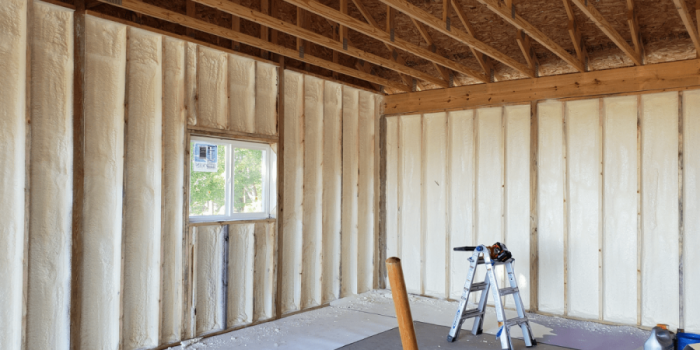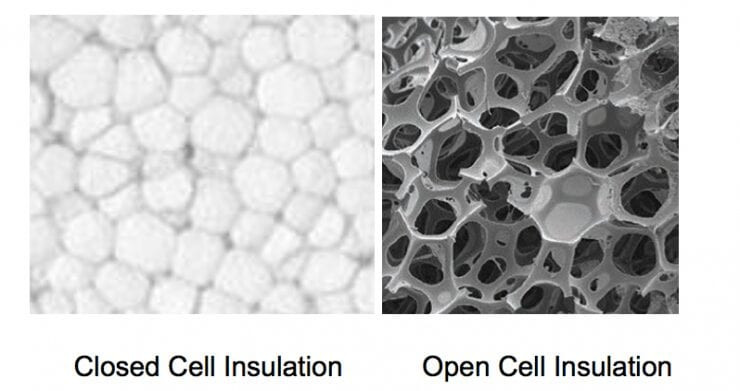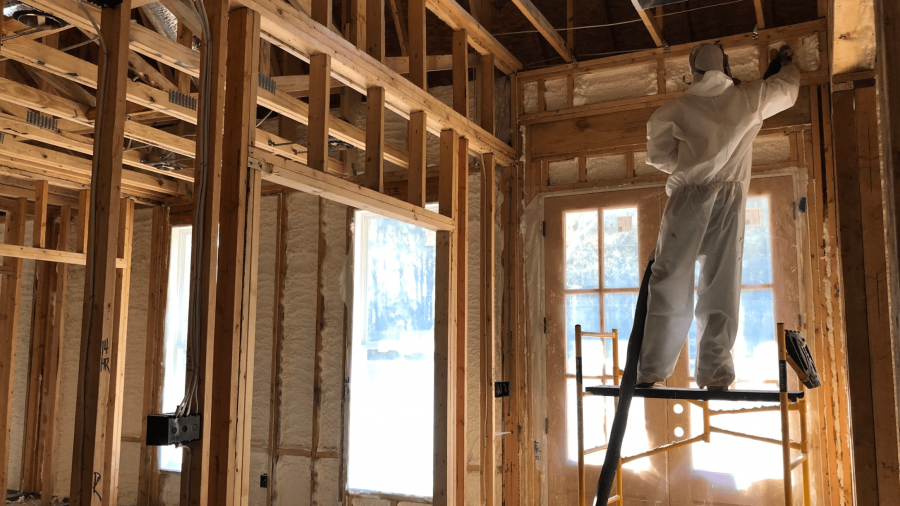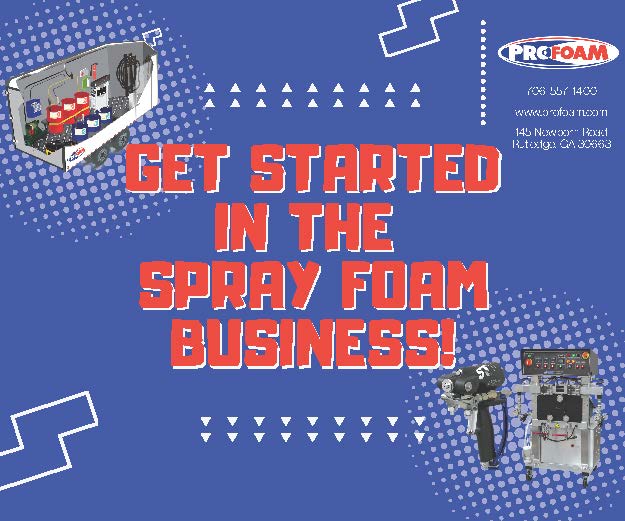
Transforming Homes with Spray Foam Insulation

In the pursuit of energy efficiency, comfort, and sustainability, homeowners are increasingly turning to innovative solutions like spray foam insulation to enhance the performance of their residential properties. With its unmatched versatility, effectiveness, and long-term benefits, spray foam insulation has emerged as a preferred choice for upgrading insulation in homes across the globe. Let's explore how spray foam insulation revolutionizes residential living and why it's a wise investment for homeowners.
Understanding Spray Foam Insulation
Spray foam insulation is a polyurethane-based material that expands upon application, creating a seamless, airtight barrier that seals gaps, cracks, and voids in the building envelope. Available in two main types—open-cell and closed-cell—spray foam insulation offers distinct advantages and applications tailored to homeowners' specific needs.
Open-Cell Spray Foam
Characterized by its softer, lighter structure, open-cell spray foam is ideal for interior applications such as walls, ceilings, and floors. It provides excellent thermal insulation and sound absorption properties, making it an effective solution for noise reduction and indoor comfort enhancement.
Closed-Cell Spray Foam
Denser and more rigid than its open-cell counterpart, closed-cell spray foam excels in exterior and moisture-prone areas such as attics, crawlspaces, and basements. Its superior insulation, moisture resistance, and structural reinforcement capabilities make it well-suited for combating air infiltration, moisture intrusion, and thermal bridging.

Considerations for Homeowners
Before embarking on a spray foam insulation project, homeowners should consider the following factors:
Professional Installation
Spray foam insulation installation requires specialized equipment, expertise, and safety precautions. Hiring certified professionals ensures proper application, adherence to building codes, and optimal performance of the insulation system.

Building Envelope Assessment
A comprehensive evaluation of the home's building envelope is essential to identify areas of air leakage, insulation deficiencies, and moisture issues. This assessment informs the selection of the appropriate type and thickness of spray foam insulation for each application.
Budget and ROI
While spray foam insulation offers long-term benefits and energy savings, homeowners should weigh the upfront cost against the projected return on investment. Consulting with insulation experts and conducting a cost-benefit analysis can help homeowners make informed decisions regarding their insulation upgrade projects.
Conclusion
Spray foam insulation is a transformative solution that revolutionizes residential homes by enhancing energy efficiency, comfort, and durability. With its superior insulation properties, moisture management capabilities, and long-term savings potential, spray foam insulation offers homeowners a sustainable and cost-effective way to improve their living environments. By investing in quality insulation upgrades and partnering with experienced professionals, homeowners can enjoy the numerous benefits of spray foam insulation for years to come, transforming their houses into energy-efficient and comfortable homes.
Need A Quote
Looking to get a quote for your next spray foam project? Click your project type below so that SprayFoam.com can help connect you with a local contractor in your area.
At SprayFoam.com, we’re here to support you every step of the way with expert guidance and trusted connections. Whether you’re a homeowner, contractor, or business owner, our team is ready to answer your questions, provide resources, and help you find qualified local contractors for your spray foam and coatings needs. Contact us today to learn more about spray foam applications, get competitive quotes, or simply discuss your project ideas with knowledgeable professionals who understand the industry inside and out. We look forward to helping you make informed choices and achieve great results!






